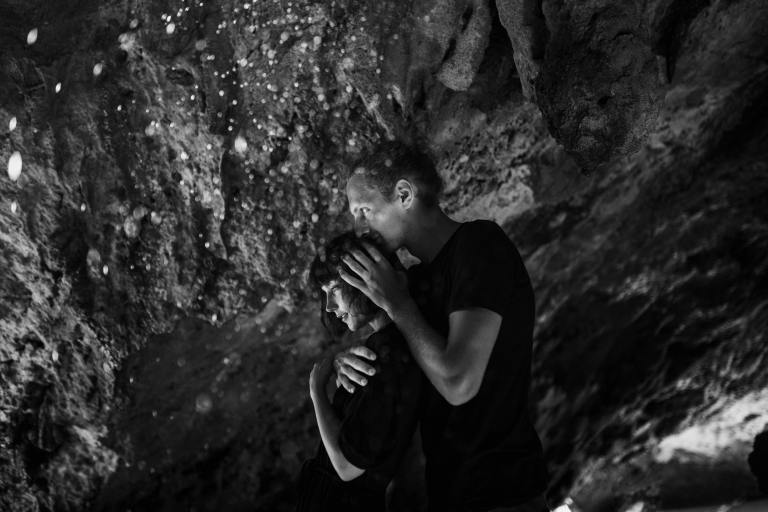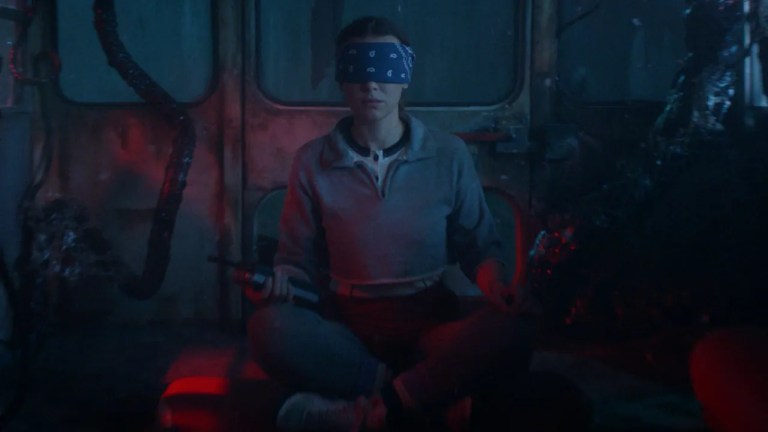
This Is How We Break Up Now
We soon learn that, in this day and age, we go through the same breakup over and over and over.
By ![]() Kim Quindlen
Kim Quindlen

It’s not as instant as it feels.
Sure, the breakup itself happens instantly: we break up, it’s over, we’re done, we’re crushed. We change our profile picture, we change the background picture on our phone. We tell our friends, we tell our family, we let them come to terms with the fact that our significant other is now out of their lives as well. We answer their questions about what went wrong, we relive it all over again. We hear from people we haven’t heard from in months or years, who noticed that we both changed our profile pictures and that we haven’t posted something together in a while and they just “want to make sure everything is okay.” We try to end the conversation as soon as possible because we’re not in the mood to feed their nosy curiosity.
We start trying to get used to not talking to them every day, not waking up with a good morning text, not reaching out to them first when we have good news or bad news. We get used to our friends walking on eggshells around us for a little while, because they feel bad but they don’t know how to interact with us. We remind them that we’re not dying, we’re just trying to get over a breakup.
We soon learn that, in this day and age, we go through the same breakup over and over and over. Twenty years ago, even ten years ago, a breakup was: giving them back their favorite sweatshirt, asking them to leave your collection of CDs in their mailbox for you to swing by and grab later, wishing them luck (if things ended cordially), and then hoping you’d never run into them on the street.
But now, we run into them on the street all the time. The street just happens to be located inside our phone. We reread the text thread between the two of us a million times, some sick way of both comforting and torturing ourselves. We read it when we’re falling asleep, and when we’re depressed at work in the morning. Finally we gear ourselves up enough to delete it all, but it’s not over. Photos are next. How do you delete months or years worth of memories? Photos that must be deleted, because they’re in basically every single one, and we need to move on? We look at the photos one last time. Then again. Then again. And then we delete them. But we’re just at the beginning. Because this person is still all over our Snapchat, and Instagram, and Facebook, and a special folder in our email inbox. We go through the breakup over and over – we go through it each time they post a photo and our stomach drops, each time we want to unfollow them for our own sanity but we’re afraid of seeming petty, each time someone we don’t know tags them in a photo and we wonder if they’re dating that person sitting next to them.
We say goodbye to them piece by piece, and that’s the problem. The crushing pain of realizing it’s over is instant. A breakup usually takes place over a surprisingly short period of time, sometimes even minutes. But then we have to deal with it repeatedly, because our lives are so intertwined with them and our newsfeeds are designed to constantly update us with the goings-on of those who are, or once were, closest to us.
It takes a very, very long time. And even when we’ve perfected the perfect cocktail of avoiding them on social media (unfriending them, unfollowing them, hiding them from our newsfeeds, whatever it is that we need to do) they’re still camped out in our minds for a long time. We still expect it to be them, even for just one bizarre second, when our phone dings. We still wonder what they’re thinking about right now, right this very instant. We still laugh when we think of the funny memories, and shudder when we think about the final sad ones we had as a couple.
And maybe our phones make things a lot more complicated, a lot more drawn out. But we’re not that different from the billions of broken hearts that have come before us. Love hurts, love can be painful. Most of the time, we get over it. But we never forget the strange sensation – of the crushing pain being instant, and the healing part taking so much longer. ![]()











